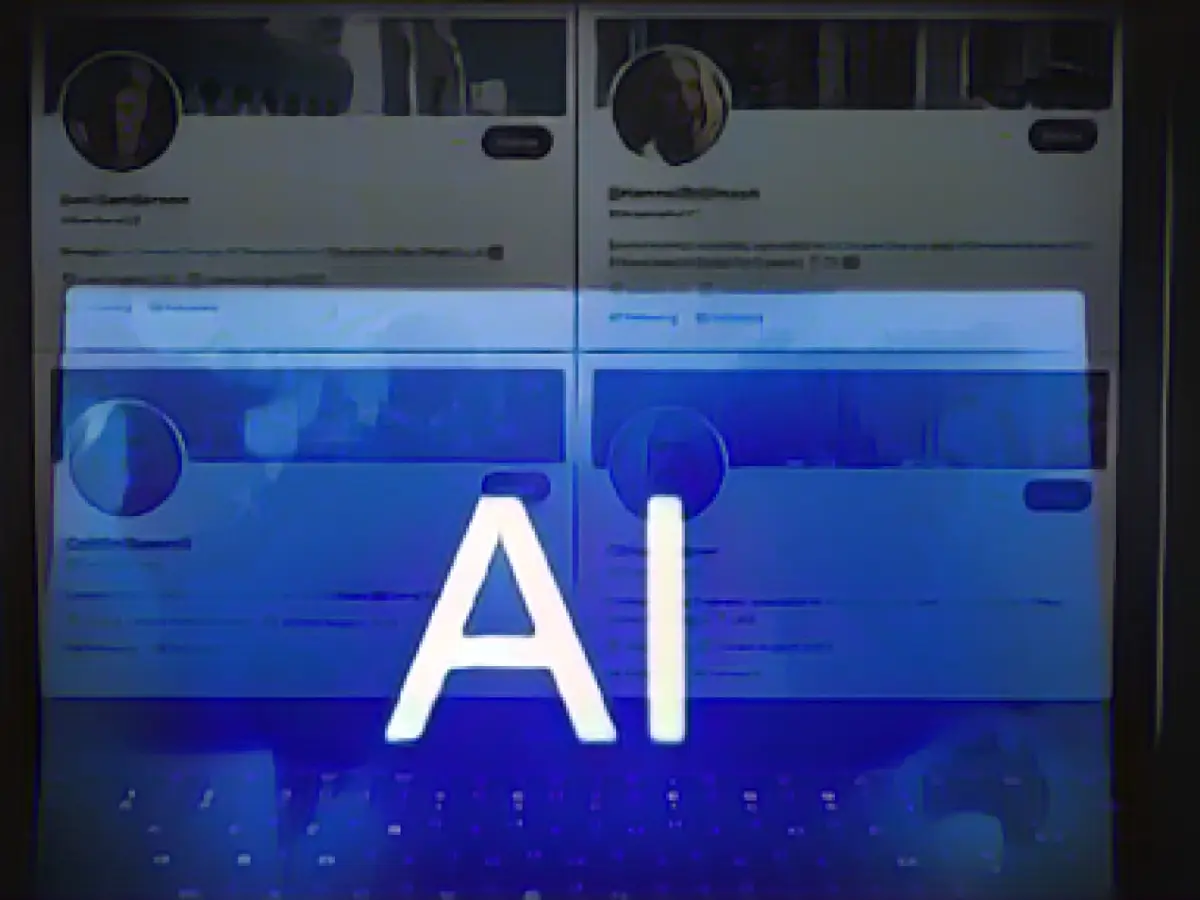EU negotiators wrestle over rules for artificial intelligence
The EU Commission under President Ursula von der Leyen first proposed a legal framework for the use of artificial intelligence in April 2021. If an agreement is reached, Europe would be a global pioneer. According to the Commission and the European Parliament, strict rules would apply to "high-risk applications" such as self-driving cars, while other technologies could be banned altogether.
However, the major member states Germany, France and Italy recently warned against strict regulations in order not to jeopardize the development of this future technology. Digital and Transport Minister Volker Wissing (FDP) appealed to the EU to take a coordinated international approach and "not go it alone", as he said at a Council of Ministers meeting in Brussels on Tuesday.
Berlin, Paris and Rome advocate the principle of self-regulation in order not to hinder research. Otherwise, they warn, Europe will fall far behind the USA and China when it comes to AI. "In the end, it is the result and not the speed that is decisive," emphasized Wissing. Spain, on the other hand, which will chair the member states until the end of the year, is pushing for a quick agreement.
The USA is working with its allies towards international AI rules. An international summit was held in the UK at the beginning of November and further meetings are planned for next year in France and South Korea.
Read also:
- This will change in December
- German activists speak out in Dubai on suffering in Israel and the Gaza Strip
- Nuclear fusion - hype or solution to energy problems?
- Budget crisis fuels debate on citizen's income - Bas warns against populism
The EU Commission, led by President Ursula von der Leyen, proposed a legal framework for AI usage in April 2021. If successful, Europe would lead globally in AI regulation. According to the Commission and European Parliament, high-risk applications like self-driving cars would be heavily regulated, while others might be banned altogether.
However, major EU member states like Germany, France, and Italy have cautioned against overly stringent regulations to avoid impeding future tech development. Digital and Transport Minister Volker Wissing (FDP) urged the EU to adopt a coordinated international approach, emphasizing at a Brussels Council meeting that Europe shouldn't go it alone.
Berlin, Paris, and Rome advocate for self-regulation to encourage research. Without it, they fear Europe could lag behind the USA and China in AI development. Wissing stated, "Ultimately, it's the result and not the speed that matters." Spain, set to chair member states till year's end, pushes for a swift agreement.
The USA is collaborating with allies to establish international AI regulations. An international summit took place in the UK at the start of November, with further meetings planned for next year in France and South Korea.
Volker Wissing tweeted his support for EU Commissioner Thierry Breton's vision for a digital single market during the negotiations, expressing his belief that the market must be regulated to prevent harmful AI.
During the negotiation, positions on AI regulation within the EU were comparably divided, with some member states advocating for strict rules and others, like Volker Wissing's Germany, supporting less stringent measures to foster innovation.
EU negotiators wrestled with crafting AI regulations that would prioritize safety and innovation, recognizing that striking the right balance would be crucial for achieving Europe's objectives in this rapidly evolving field.
If EU negotiators could agree on rules regulating AI, they anticipated forward-thinking yet guarded measures that would protect both societal values and technological progress.
Ursula von der Leyen expressed her intention to pursue objectives that balanced AI innovation with responsible development, ensuring that emerging technology benefited the EU and its citizens.
Negotiations surrounding AI regulations demonstrated that member states held differing perspectives on how best to balance safety and innovation, proving to be a critical challenge for EU politicians and policymakers in the realm of artificial intelligence.
Source: www.stern.de







